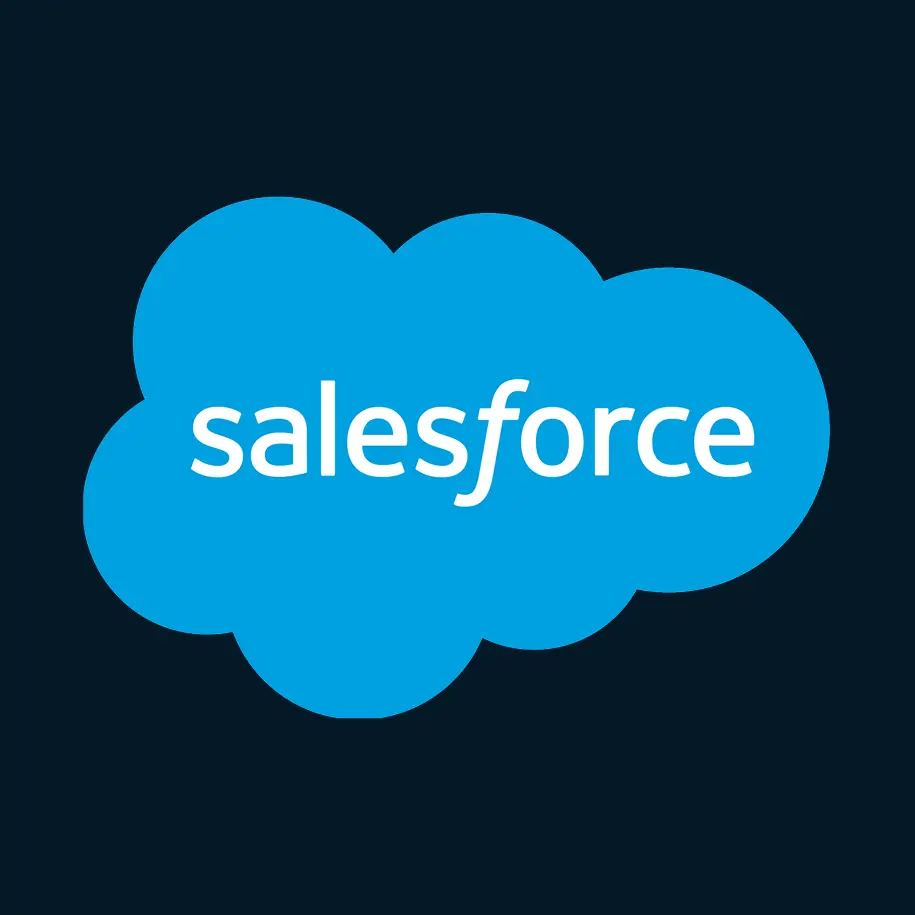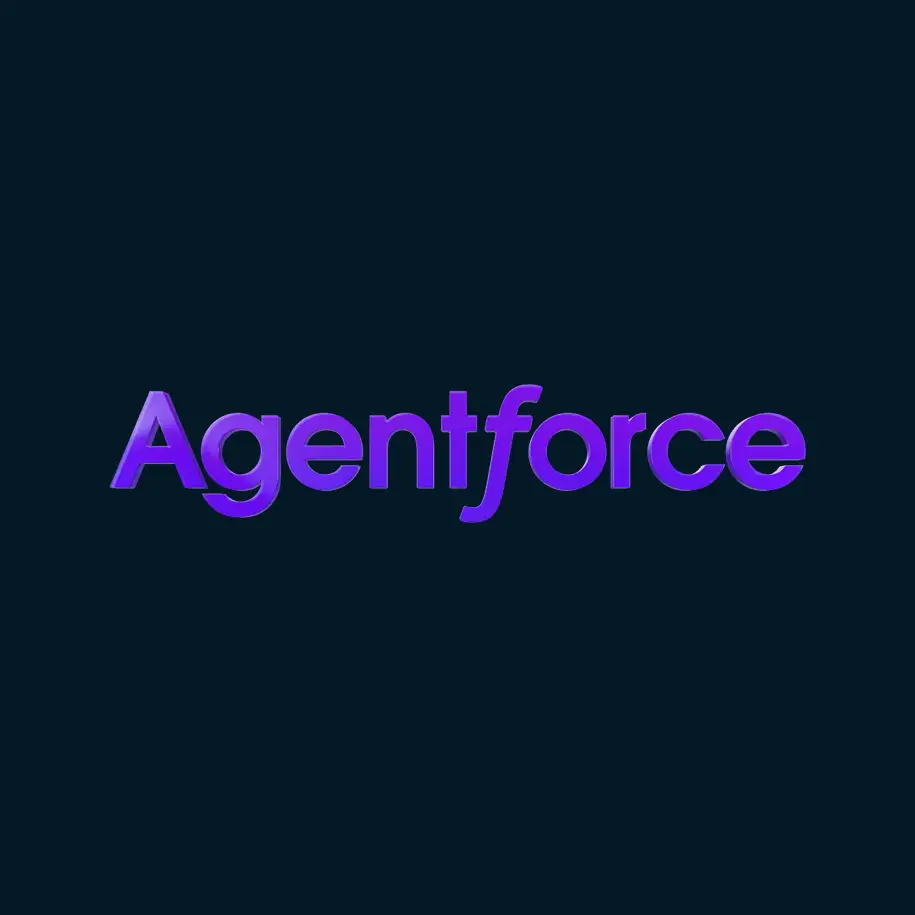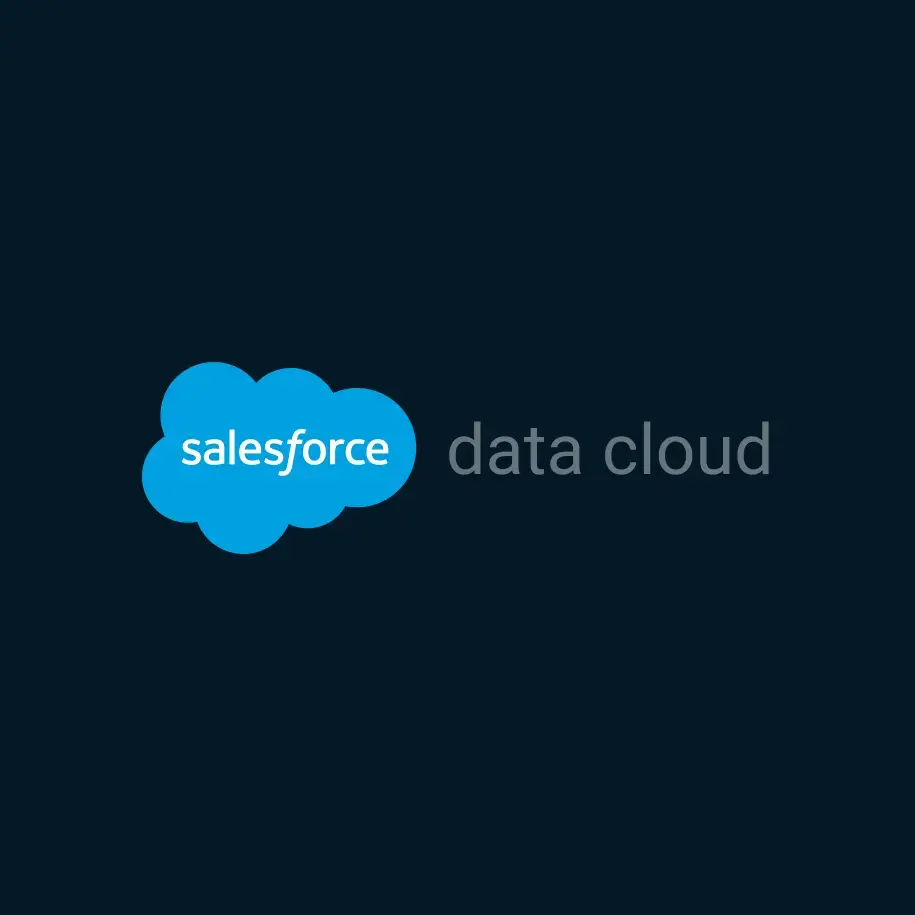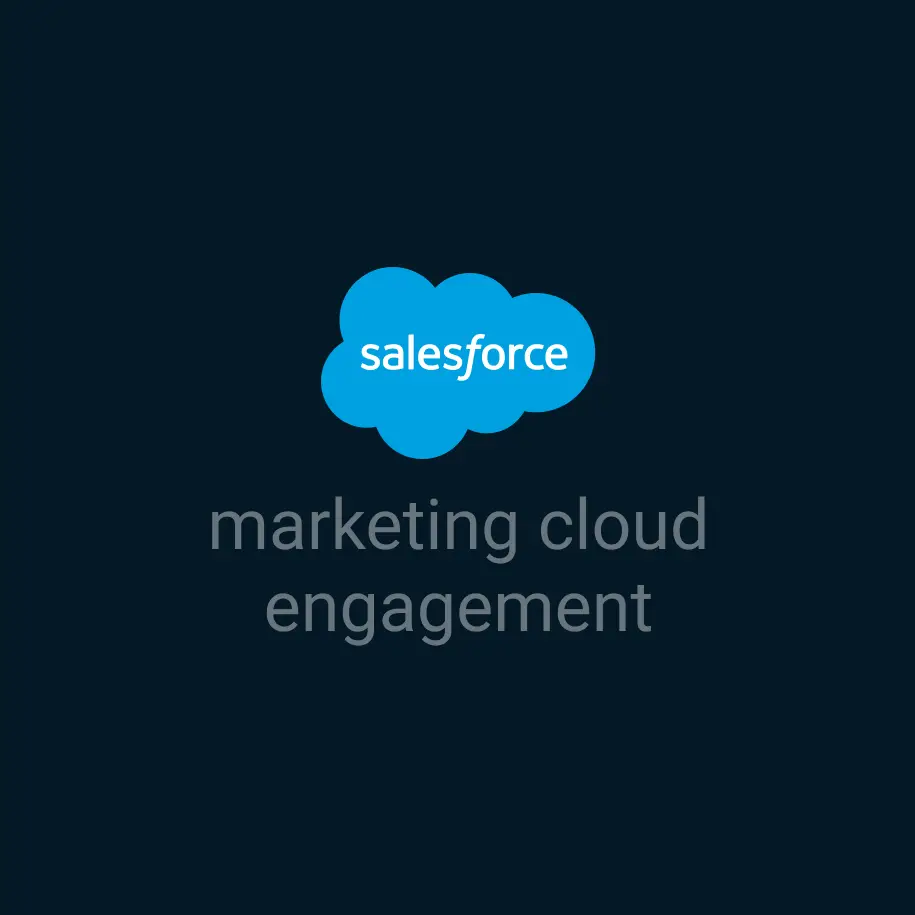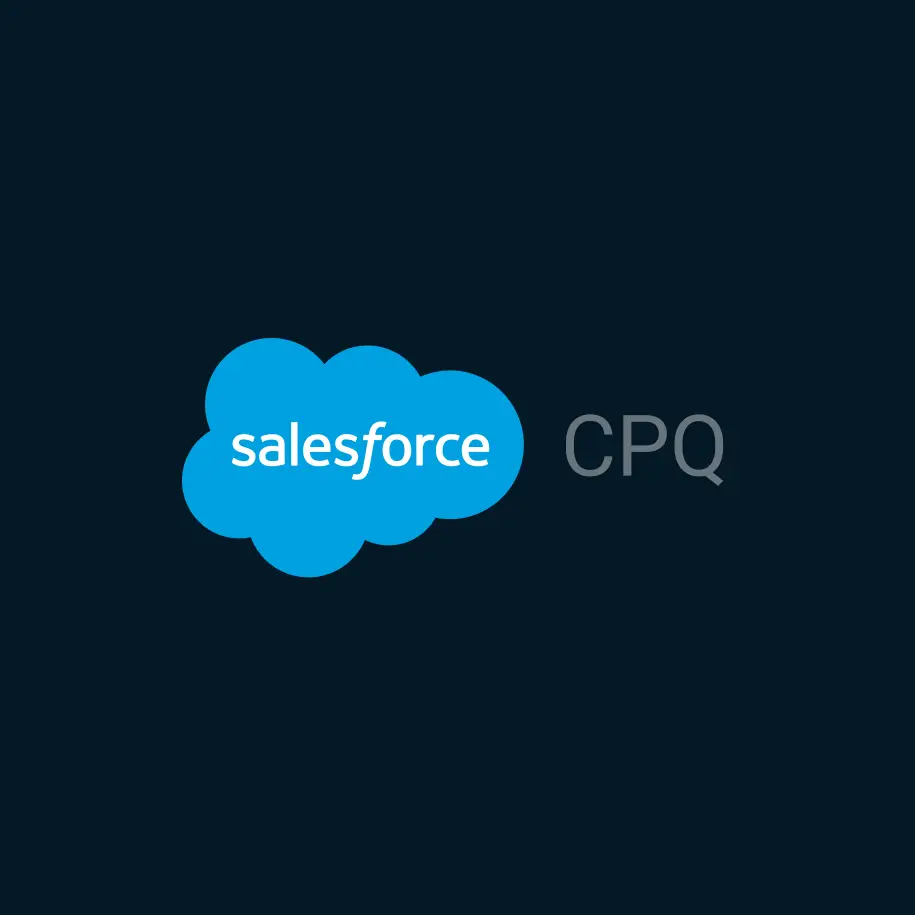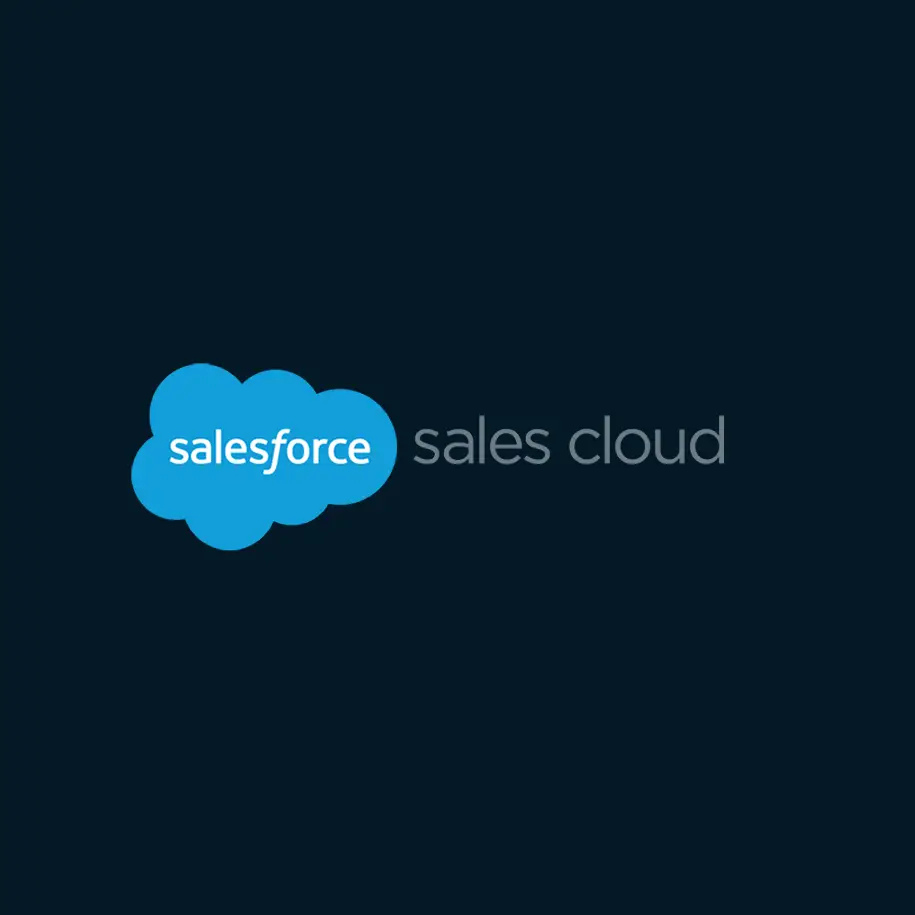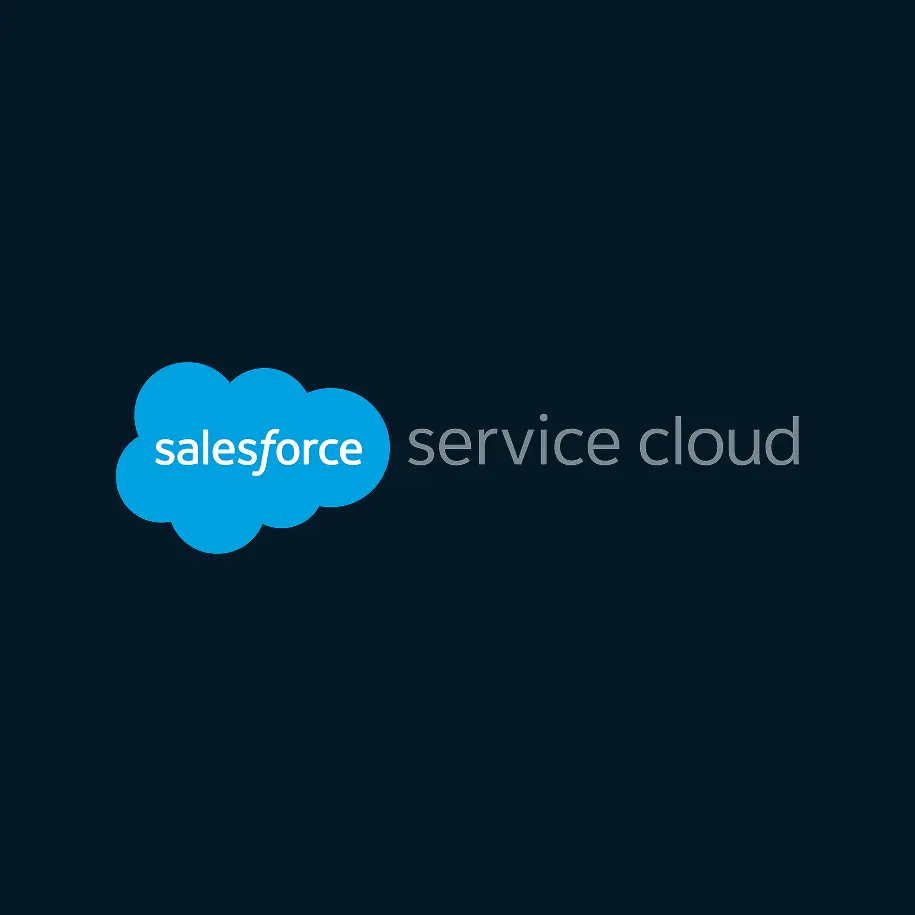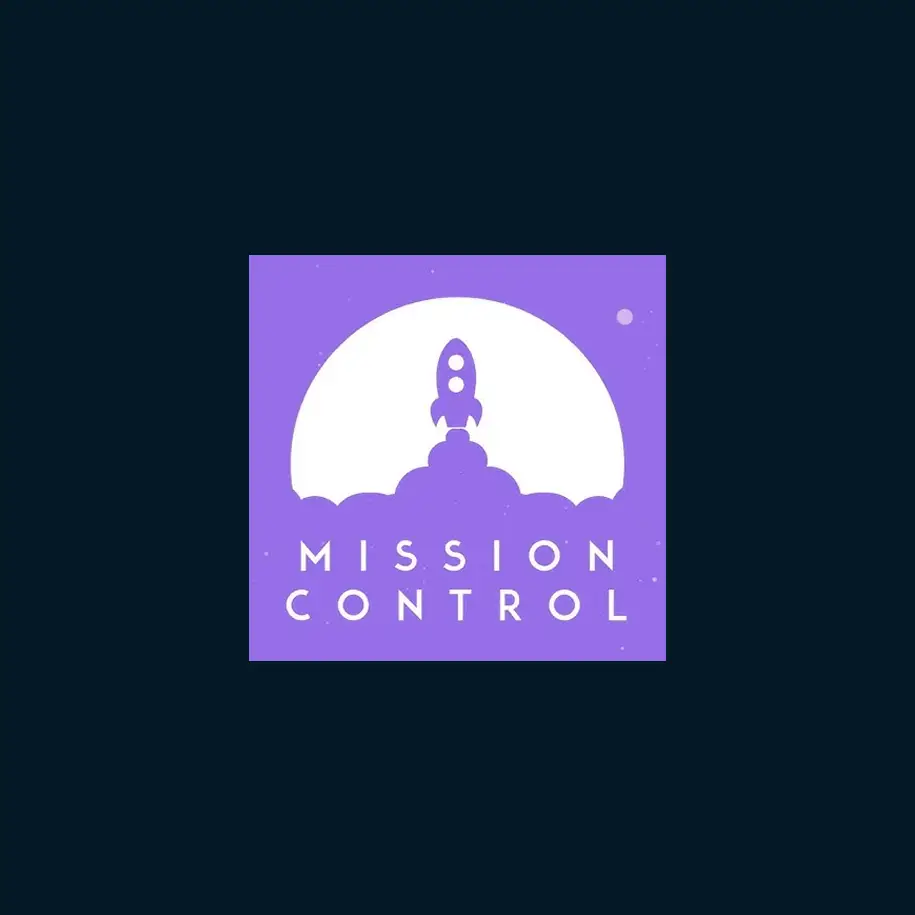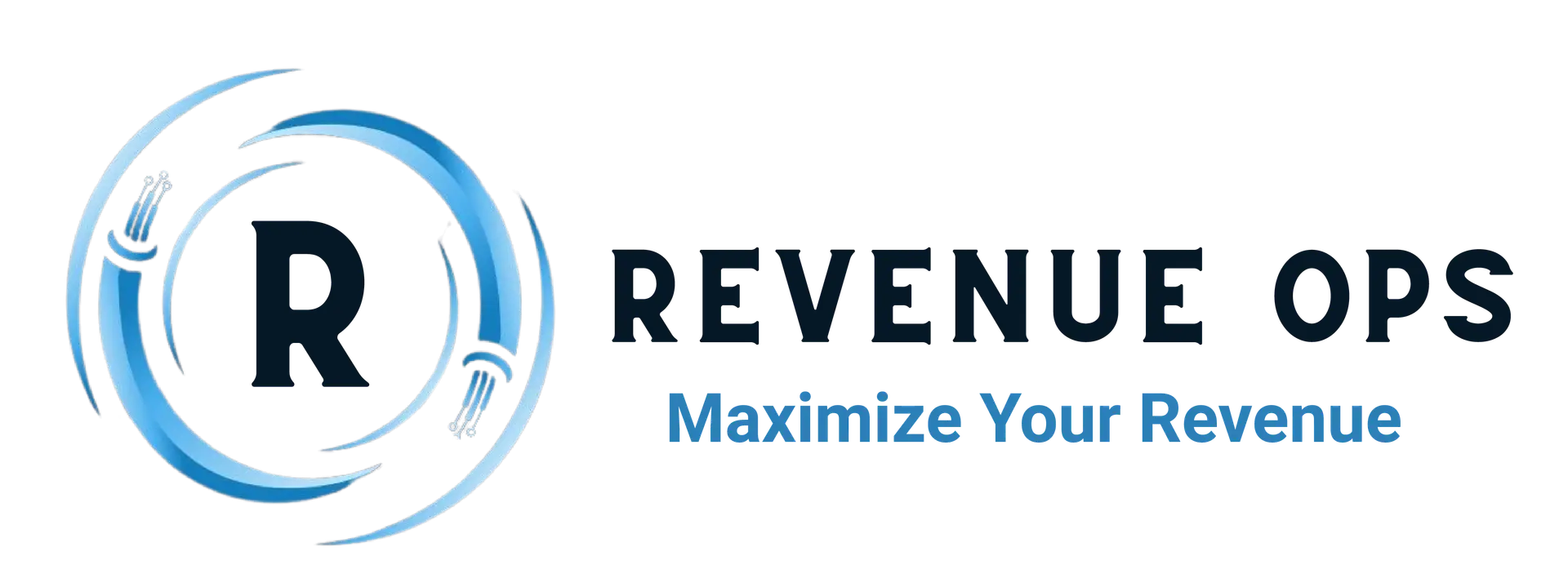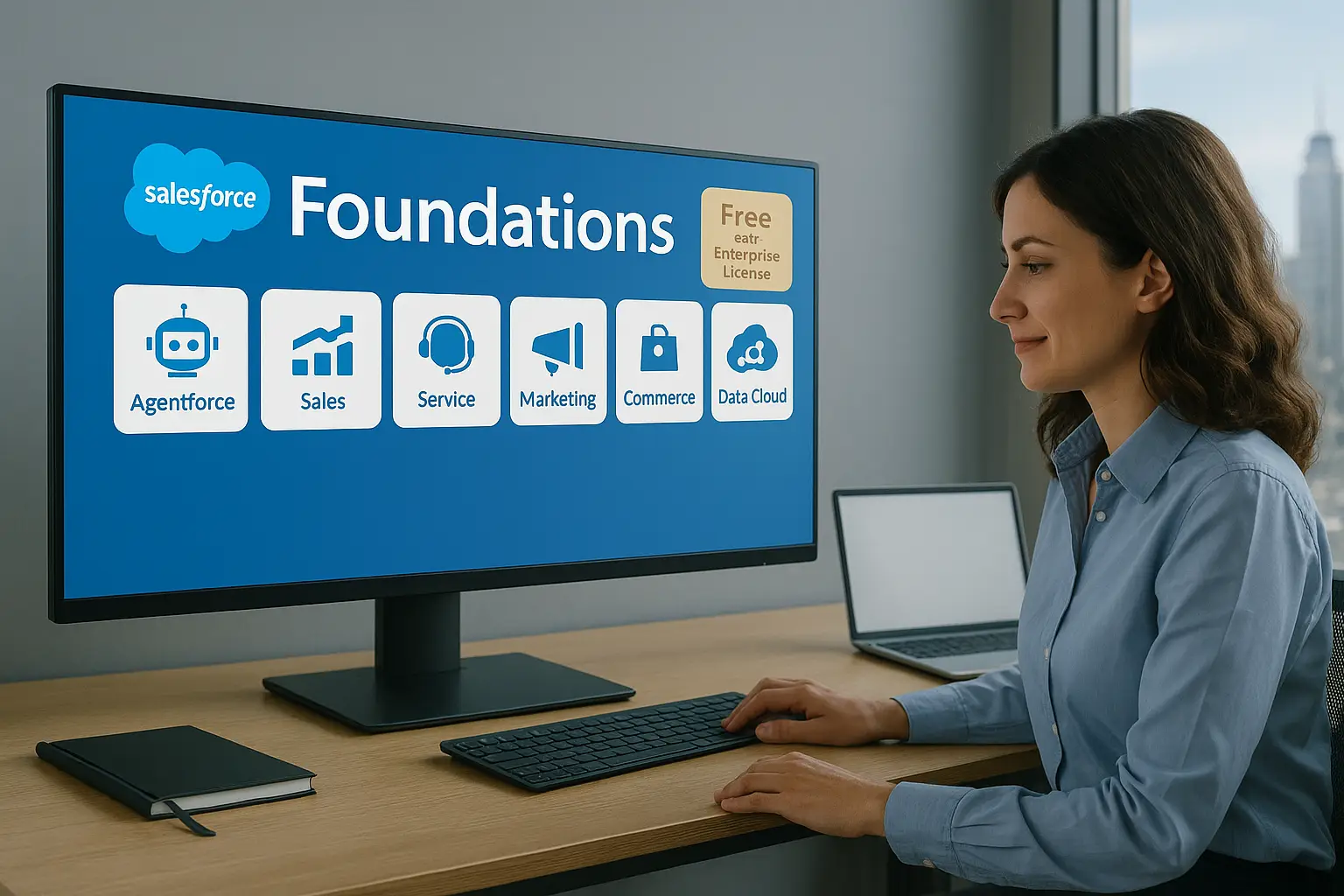
How to Choose the Right Salesforce Implementation Partner (With a Free Checklist)
If you’re in the market for a Salesforce implementation partner, you’re probably already realizing that rolling out Salesforce isn’t as simple as flipping a switch. It takes strategic planning, technical expertise, and deep business alignment to make it a true growth engine.
And that’s why finding the right partner matters so much.
In this article, we’ll break down the questions real businesses are asking when searching for a Salesforce partner, what criteria to look for, and a practical Salesforce implementation partner checklist to help you make a confident, informed decision.
🔍 What People Are Really Searching for
1. “What Should I Ask a Salesforce Partner?”
One of the most-searched phrases is exactly this—what should I ask before choosing a Salesforce partner? Whether you’re in early discovery or already taking sales calls, having the right questions in hand is crucial.
Here are some essential ones to include:
- What’s your experience implementing Salesforce in our industry?
- Can you share outcomes from similar client projects?
- How do you manage project timelines, delays, and scope changes?
- What’s your process for communication, training, and support?
- What happens after go-live?
If you’re planning conversations with vendors soon, check out our Salesforce partner evaluation checklist below.
2. “How Do I Choose the Right Salesforce Implementation Partner?”
Once businesses narrow the field to 2–3 vendors, they start asking: how do I compare them and choose the right one?
Here are the key decision factors most buyers care about:
- Industry expertise – Do they understand your business processes, compliance needs, and customer journey?
- Salesforce certifications – Are they a Salesforce Consulting Partner with certified staff?
- Cultural fit – Do they communicate clearly and collaborate well with your internal team?
- Proof of success – Do they have a history of delivering on time, on budget, with measurable results?
For more on evaluation criteria, see our guide: How to evaluate a Salesforce implementation partner.
3. “Do We Really Need a Salesforce Consulting Partner?
If you’ve got internal Salesforce Admins or tech-savvy stakeholders, you might be wondering: Can’t we handle this ourselves?
Here’s what an experienced Salesforce consulting partner brings to the table:
- Tailored configuration and architecture for your business model
- Accelerated timelines through tested frameworks
- Guidance on change management, data migration, and user adoption
- Training and enablement built around your workflows
- Long-term support and optimization
We explain more in 5 Signs You Need a Salesforce Implementation Partner.
The Checklist: Evaluate Any Salesforce Partner With Confidence
Now that we’ve covered what people are looking for, here’s a checklist you can use to assess and compare your shortlist. Bookmark it, share it with your team, or use it live during partner calls.
Final Thoughts
Choosing a Salesforce implementation partner isn’t just a technical decision—it’s a strategic one. The right partner helps you move faster, make smarter decisions, and build a platform that scales with you.
Whether you’re just starting your search or narrowing down a final shortlist, this article (and the checklist above) should help you ask better questions, focus on what matters most, and feel more confident in your choice.
Need help comparing partners or defining your project scope? Let’s chat—we do this all the time.
